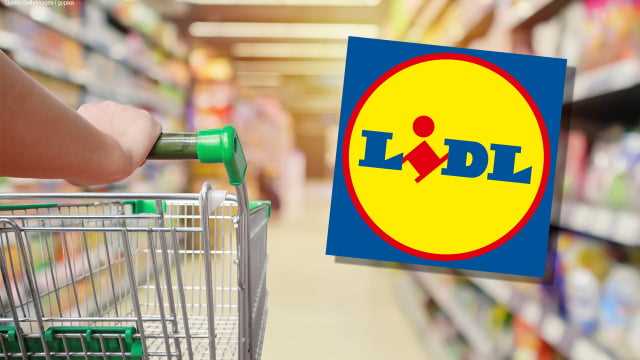Lidl Switzerland and Empa have jointly developed a new cellulose protective casing for fruit and vegetables, as reported by “Neue Verpackung”. This is based on renewable raw materials and is intended to keep the goods fresher for longer without having to rely on the less ecological plastic packaging. The protective layers are made from marc, i.e. pressed fruit and vegetable peels.
In initial tests, Lidl and Empa have apparently already been successful: the shelf life of bananas has been extended by around a week. Such results could of course also ensure that less fruit and vegetables have to be thrown away.
Lidl’s new protective layers: Consumption is completely harmless
The pomace needed for the protective layers is left over when squeezing the juice from fruit, vegetables and plants. So far, the residues were mostly disposed of directly on fields or in biogas plants. With the Lidl innovation, you could give them a new meaning.
Particularly important for customers: Since the protective layers are purely vegetable, consumption is harmless. However, the potential of such casings is far from exhausted: in the long term, coatings could be treated with vitamins or antioxidants, for example, to make fruit and vegetables even healthier.
The cellulose layers are currently being extensively tested and further improved. The aim is to rely on the covers after successful studies in over 150 Lidl branches in Switzerland. It cannot be ruled out that customers will soon also see the protective layers in Germany and other markets.
